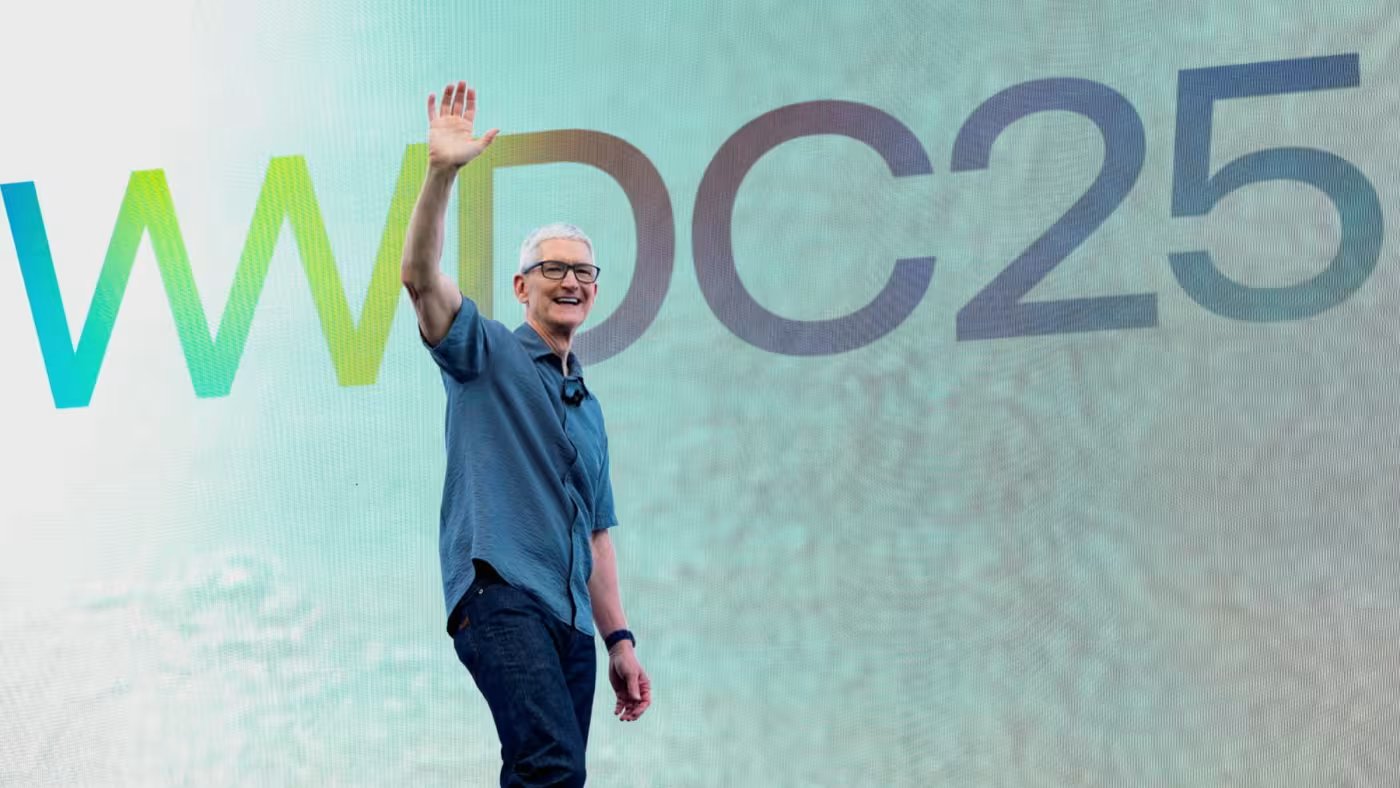Apple has officially opened the door for app developers to use its personal AI models. At its annual developer conference, CEO Tim Cook confirmed that third-party developers can now tap into Apple’s artificial intelligence tools for the first time. The goal? To bring smarter, more personalised app experiences to millions of users across iPhones and other Apple devices.

Developers can start testing the features from June 9, while a full rollout for users will begin this autumn. The announcement follows Apple’s careful strategy to integrate AI features without flashy headlines, but with a strong focus on privacy, security, and usefulness.
What Is It?
Apple’s “Apple Intelligence” refers to a range of AI models that now run directly on your device, without needing the cloud. This includes tools that summarise text, help schedule events, power smart search, and translate messages live. These models are being described as “personal AI” assistants because they can understand and act on the user’s private data without that data ever leaving the phone.
Apple is also updating its operating systems to reflect these AI features, using a new aesthetic called Liquid Glass, inspired by its Vision Pro headset.
So What? Insights
This shift could transform everyday apps. Imagine a notes app that creates a custom to-do list from your reminders, or a travel app that picks a hiking trail based on your past choices even when you’re offline. That’s the power of personal AI.
Apple’s move puts it in competition with companies like Google and Samsung, but with a twist Apple’s AI is local and private. That could be a major selling point for people worried about how their personal data is used.
It’s also big news for developers. They can now build AI features into their apps using Apple’s secure tools, possibly adding “premium” AI options that users can pay for and Apple can profit from.
Quick link: Marks and Spencer Restarts Online Orders After Cyber Attack
Key Implications
-
Stronger Ecosystem: Apple’s App Store could become more intelligent and competitive by giving developers direct access to AI tools.
-
Data Privacy First: Running AI models locally keeps data on-device, which supports Apple’s privacy-first branding.
-
Developer Boost: This opens the door for smaller developers to use powerful AI without needing big cloud infrastructure.
-
Revenue Potential: Apple might take a cut of premium AI-powered features sold through the App Store, adding new income streams.
-
China Concerns: Apple didn’t announce AI support for China, a market where it’s losing ground to local brands due to regulatory hurdles.
Practical Takeaways
-
Expect apps you already use like fitness, productivity, or photo editing to become more personalised.
-
If you’re a developer, you can now build smarter apps using Apple’s AI, with strong privacy baked in.
-
Apple’s AI runs offline, so even without Wi-Fi, apps can perform smarter tasks using the data already on your phone.
-
For now, only recent iPhone models will support these new features, so older phones may not get them.
Final Thoughts
Apple has taken a measured but powerful step into the AI race by giving developers access to its personal AI models. While the updates might seem low-key, the long-term impact could be huge smarter apps, more privacy, and fresh opportunities for developers to innovate.
And if you’re a business leader or decision-maker? This moment matters. Personal AI is no longer futuristic, it’s already in your pocket.
Stay Ahead Effortlessly with SoWhat?
Want to be the most informed person in the room without scrolling for hours? SoWhat? is your personal AI insights assistant bringing you fast, clear, and customised updates on the biggest stories in tech, business, and policy. Delivered daily to your inbox.
Stay sharp. Stay informed. Get your free daily report HERE.













fmdqdtteomvtdrgujqjkzhmdgystjh
Your point of view caught my eye and was very interesting. Thanks. I have a question for you. https://www.binance.com/register?ref=IXBIAFVY